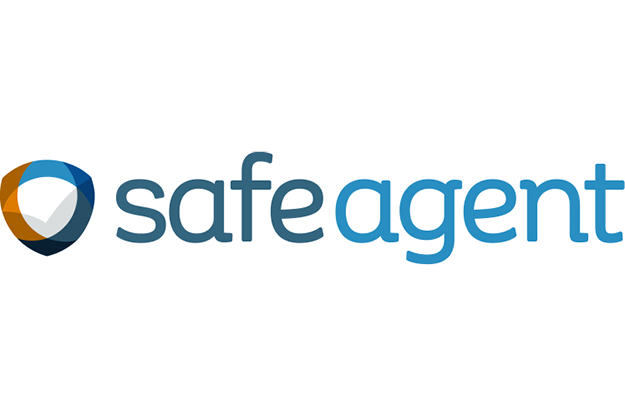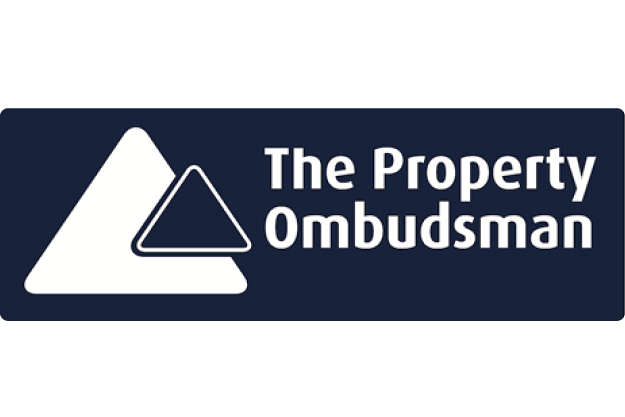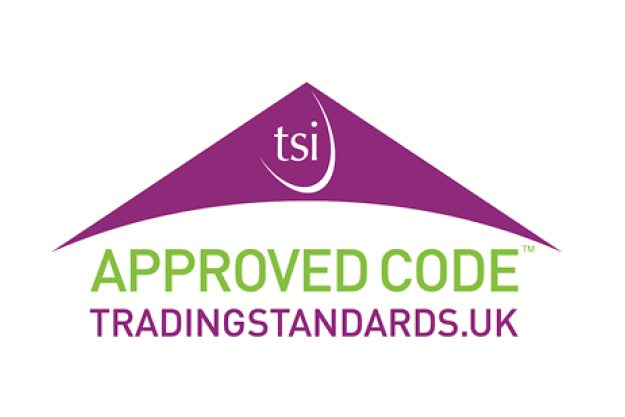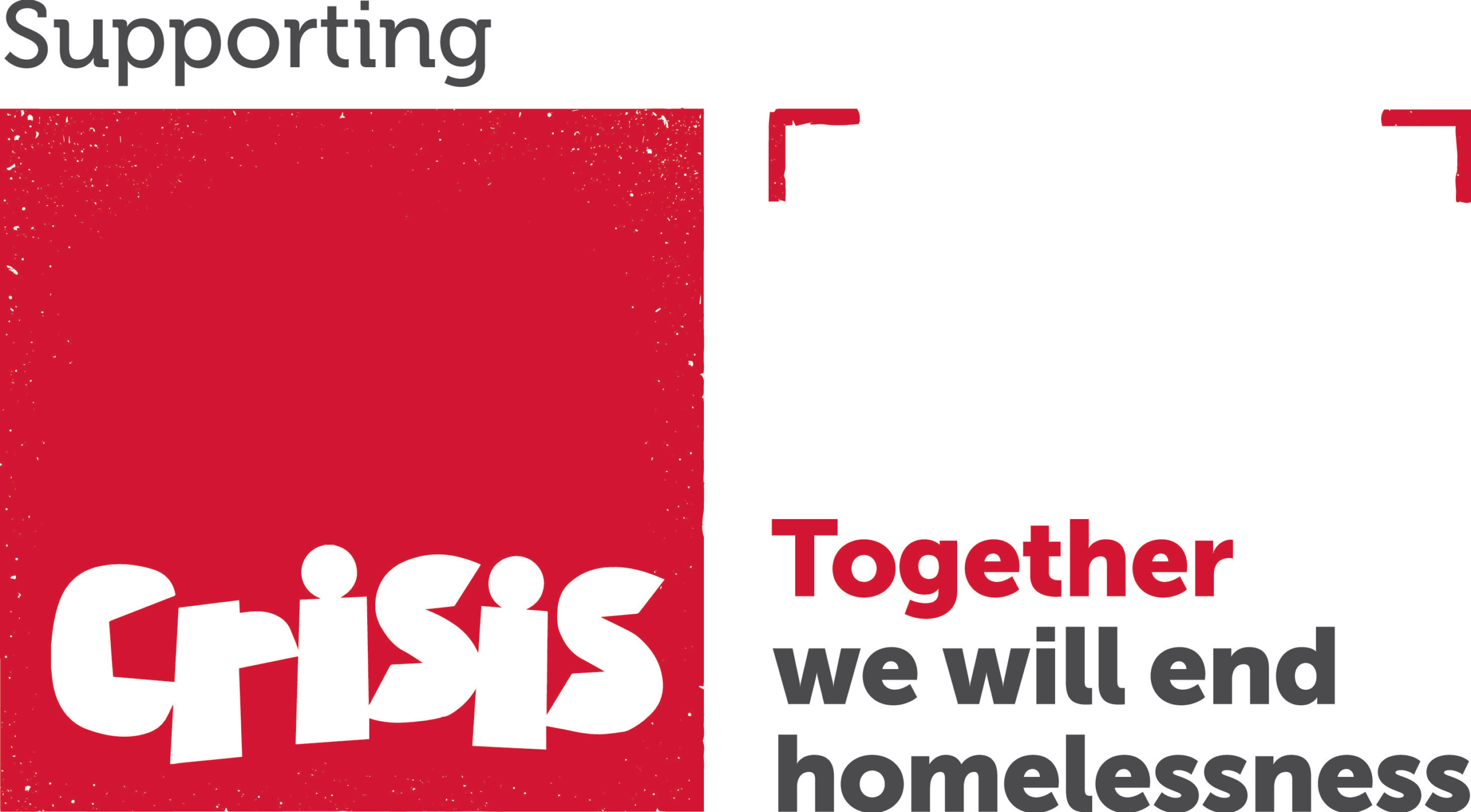Confidence is returning to the housing market after the initial shock of the Brexit vote and there are signs that prices and sales will rise in the coming months, according to the latest monthly report from the Royal Institution of Chartered Surveyors (Rics).
Immediately after the EU referendum on 23 June, Rics forecast a sharp fall in sales and said its members were more pessimistic about the housing market than at any point since the late 1990s.
Two months on, however, it said confidence was returning and that, for the first time since April, surveyors were expecting house prices to increase over the next three months. Over the next five years, its members are forecasting a 3.3% a year increase on average – the most upbeat prediction since the EU vote.
Rics’ figures, which are seen as a key indicator of activity in the housing market, showed that across the UK, a net balance of 12% of surveyors reported house prices rising rather than falling in August, up from a balance of 5% in July.
In London, more reported price falls than rises for a sixth successive month, but in most other parts of the UK, prices went up. This was felt most strongly in East Anglia and the West Midlands.
Rics said a key factor in supporting the rising prices was the continued shortage of stock for sale, with stock on estate agents books approaching the record low posted in December 2015.
Simon Rubinsohn, Rics’ chief economist, said: “There are clear signs that the housing market is settling down after the initial surprise of the outcome to the EU referendum.
“Buyer inquiries did dip again in August, but only modestly. More significantly, sales expectations are beginning to edge upwards once again. It is likely the swift response from the Bank of England, both in terms of the lowering of the capital buffer and the cut in interest rates, has played a role in helping to support confidence.”
Buyer inquiries and instructions from sellers fell in August, although the pace of decline in interest from buyers was slower than the previous month. In July, 25% more agents reported a fall in buyers than an increase, but that net balance fell to 7% in August.
The decline in buyer numbers over the past three months was driven by a sharp fall in buy-to-let investors, Rics said. New stamp duty rates on second homes, introduced on 1 April, are likely to have been a factor in this change.
Lucian Cook, UK director of residential research at property firm Savills, said: “After the initial shock response, the Rics survey suggests a slowing of house price growth rather than anything more dramatic, and now point to more modest falls in new buyer enquires than were initially shown.
“Incredibly low borrowing costs have undoubtedly contributed to this more benign picture, but much will now depend on how buyer sentiment ebbs and flows as negotiations to leave the EU progress and their likely impact on the wider economy.”
Figures from the UK’s largest lender, Halifax, showed the price of a home in the UK fell in August, although at 0.2% the drop was much lower than the 1.1% recorded in July.
In its latest report on the housing market, Capital Economics said there were increasing signs that the initial post-referendum shock was beginning to recede.
Property economist Hansen Lu said: “With buyer numbers still falling and confidence still shaky, the weakness in transactions will last for several months yet, while house price growth will continue to ease. But with the recent economic news taking a more positive tone, it looks increasingly likely that the housing market will avoid catastrophe.”



